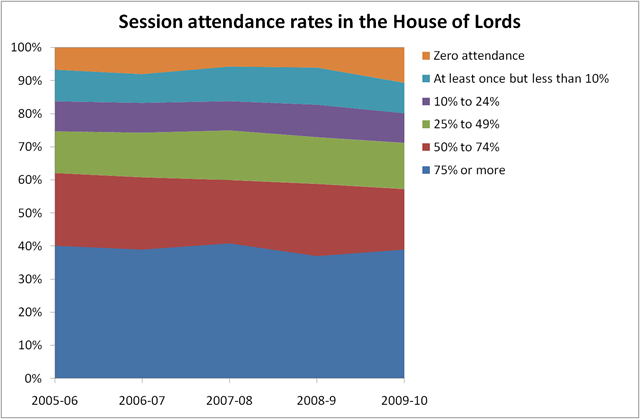This makes me angry:
Instead nice, gentle Nick Clegg has secured the position of Britain’s most hated man. He has been burnt in effigy by student rioters. Police have told him that he must no longer cycle to work for fear of physical attack. Excrement has been shoved through the letter box of his Sheffield constituency home, from which his family may now have to move for safety reasons.
I can hear the Labour apologists winding themselves up for response already: “Was his family in residence when the shit was pushed through the letter box? Have you got a crime number for that? It’s terrible, but you know he betrayed the people who trusted in him. Moving out of the home is just theatrical.” The president of the National Union of Students, Aaron Porter, Labour party member, decries the “betrayal”, the breaking of a pledge. Anyone like odds on how likely it was that he voted for the Liberal Democrats? Let’s face it: he didn’t, he didn’t vote for the party that he’s excoriating for not implementing the policy he didn’t vote for, the only party to oppose tuition fees. All those Labour folk, talking of the “betrayal”, they didn’t vote against tuition fees either. “Satirical” they say of David Mitchell advocating pissing through Nick Clegg’s letterbox , it isn’t satirical if someone’s actually done it.
As the riots progress an army of armchair revolutionaries bemoan the violence of the police, as buildings are smashed up. “The police should simply keep the protesters moving on, so they don’t cause any trouble”. “The police are stupid”, they say, “I could manage a large crowd of protesters, some intent on violence, much better than them. That’s why I’m sitting here tweeting about it.” “The police van was bait, because every right-thinking person when they see an unattended police van thinks: “Fuck me, I better smash the crap out of that”.”
I used to think it was the Tories who felt power was their divine right but now I know it’s Labour. Len McCluskey, leader of Unite, a Labour affiliated union calls for demos to topple the government, speaking approvingly of the poll tax riots. John McDonnell, Labour MP, says:
I know the Daily Mail will report me again as inciting riots yet again. Well, maybe that is what we are doing.
Beaten in an election, they use weasel words to get people out on the street smashing stuff up. “These cuts aren’t what people voted for, they voted, but they didn’t vote for this. They really meant to vote for Labour, the party who repeatedly reneged on promises to introduce fairer voting. The party who said they were going to reduce the deficit by making cuts, but now only have a blank piece of paper; who can magically make the deficit painlessly go away.”
For the first time in 60 years Liberal Democrats are in government, they are in government at a time when the country faces the largest budget deficit it has had in many decades, it is a crap time to be in government. They are taking hard decisions that Labour would not have the guts to take. For some this is a “betrayal”, they’ll happily contribute to an atmosphere that means a family gets shit pushed through the letterbox of their home, and a columnist in a respected paper can applaud it.
But more than ever before I am proud to say “I agree with Nick”.

